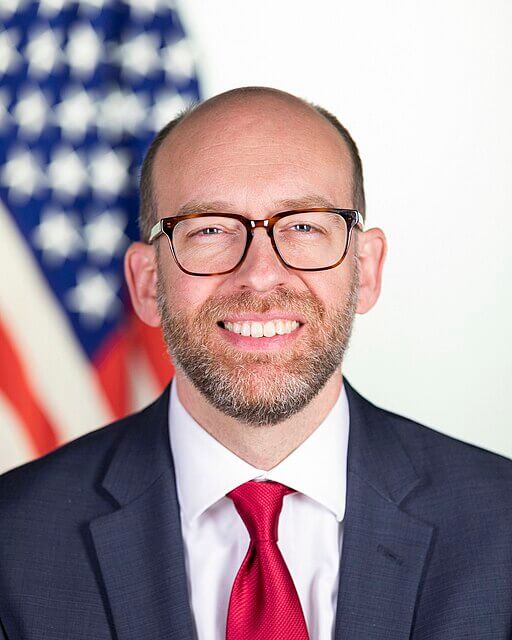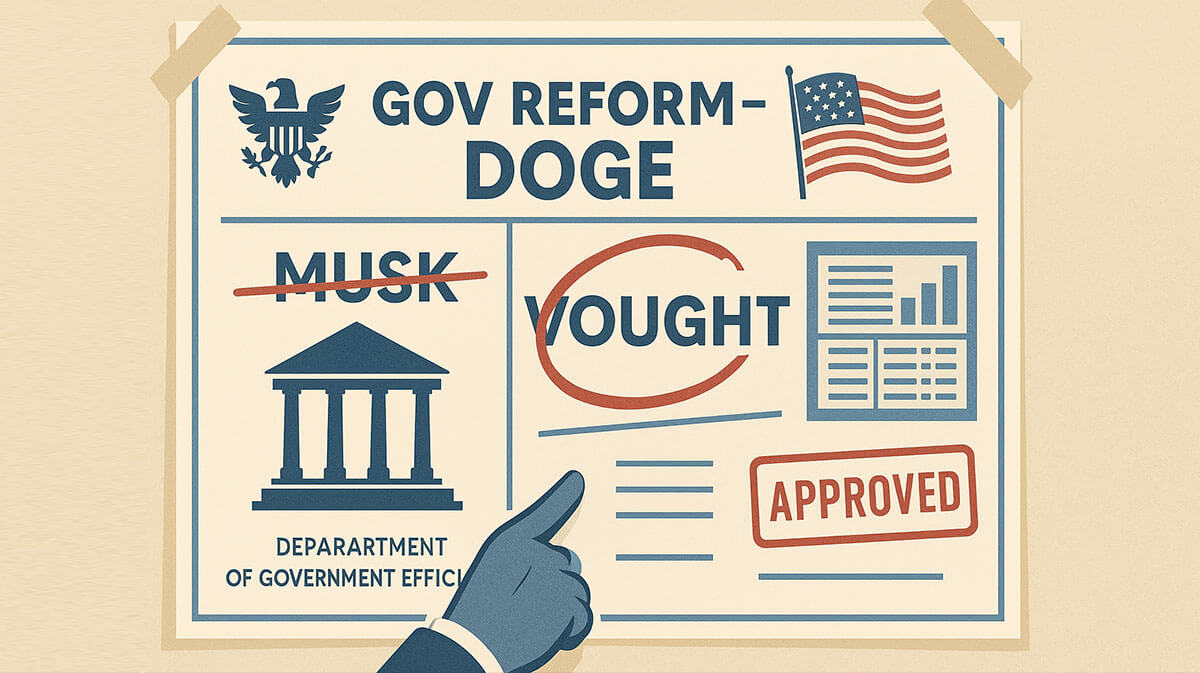
In a decisive move by President Trump, Russ Vought, a staunch conservative and current director of the Office of Management and Budget (OMB), has been appointed to head the Department of Government Efficiency (DOGE). This change comes as Elon Musk, the previous influence on the administration's fiscal policies, steps away to refocus on his business ventures amid Tesla's stock struggles and activist pressures.
The announcement arrives at a critical juncture for the Trump administration, which has faced both praise and scrutiny over its approach to governance. Vought's reputation as a fiscal hawk precedes him, particularly due to his involvement in crafting Project 2025, a blueprint for significant cuts in federal bureaucracy. This conservative policy agenda has been a lightning rod for criticism from Democrats, who fear it may erode essential government services and overstep Congressional authority.
Central to Vought's vision is a proposed budget of $892.6 billion, which has sparked debate even within Republican ranks. Notably, Secretary of Defense Pete Hegseth has voiced concerns over what he perceives as inadequate national security funding. Vought's strategy to route military funding through budget reconciliation has stirred controversy by circumventing traditional appropriation methods, drawing attention from both parties.
The administration's fiscal strategy seems aligned with the House Republicans' plan to trim federal spending by $912 billion, supporting Trump's wider tax-cutting objectives. This budgetary alignment sets the stage for a potential clash with Congress over spending control, with Vought confirming that impoundment authority remains an option for the President to challenge legislative fiscal decisions.
For Democrats, the administration's use of DOGE to bypass standard legislative processes represents a grave constitutional issue, undermining the system of checks and balances designed to prevent executive overreach. With Vought at the helm, the administration appears committed to continuing its aggressive reshaping of the federal bureaucracy, potentially centralizing more power within the executive branch.
The recent developments have been met with mixed reactions on social media, with some conservative commentators, such as @texan_maga, mocking Democratic concerns and celebrating the appointment of Vought as a victory for conservative fiscal policy.





